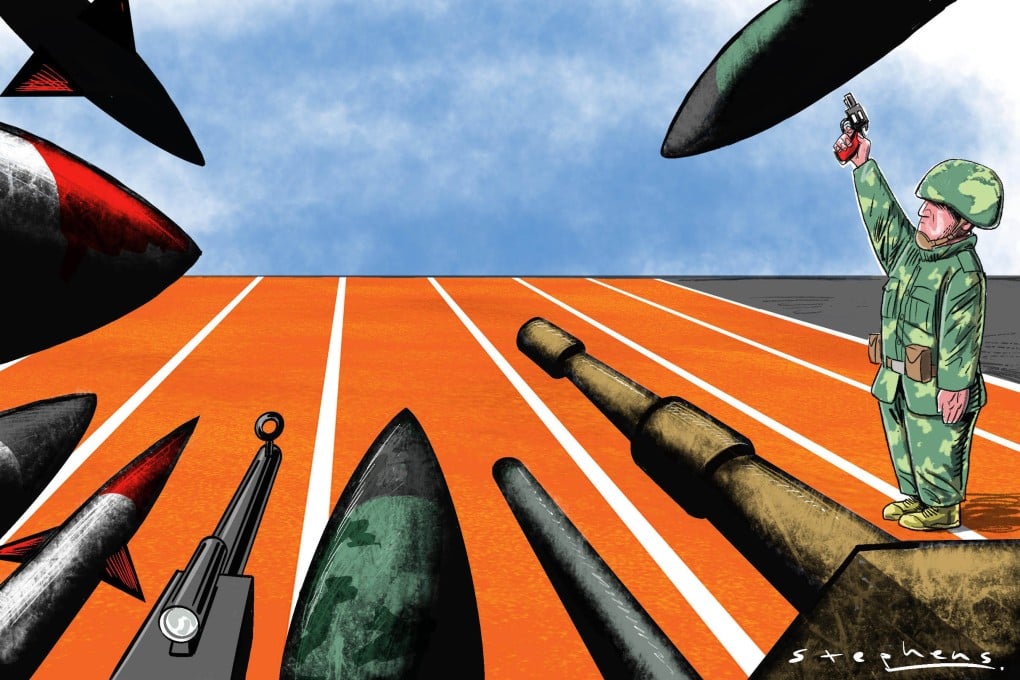Opinion | How China’s military-industrial complex is reshaping geopolitics
As China’s defence posture alters spheres of influence and trade, its allies and rivals are recalibrating their own military policies

These realities reflect a world engulfed in warfare. More than 110 armed conflicts are under way. Varying widely in scale, some are recent events while others began some 50 years ago, according to the Geneva Academy of International Law and Humanitarian Rights. Private “proxy military companies” compound the risks to global stability by operating with impunity through the exploitation of legal loopholes as countries’ surrogates.
Like China, countries on nearly every continent are increasing defence budgets to bolster their capabilities. Defence spending worldwide rose to US$2.46 trillion last year.
“In the councils of government, we must guard against the acquisition of unwarranted influence, whether sought or unsought by the military-industrial complex,” he said. “The potential for the disastrous rise of misplaced power exists and will persist.”
